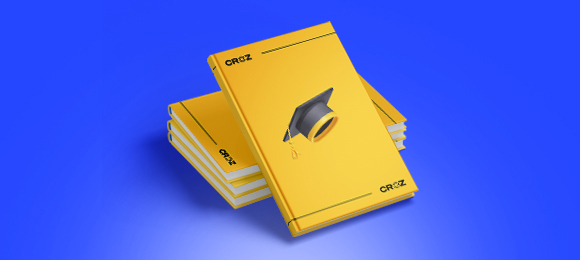COURSE INTRODUCTION
In today’s world when skipping the testing phase is quite impossible for companies wishing to be competitive, one step ahead before everybody and that desire to have the trust of their clients, it is a necessity to find a way to test better and faster the products. After all, it is all about reputation we all know that a bad reference from a client can easily make all the good ones irrelevant.
It is also impossible to test everything – not only this is a principle of testing, but also, imagine the efforts, the time and the expenses needed to do so.
This is where the need of test automation comes – do not be mistaken – a huge investment of time and resources should be done in the beginning and only then, after a period of time you will be able to test the product faster and cheaper. Of course, it is impossible to automate everything, but even the 30% automation allows you to focus more on developing the team’s skills, on the high – level tasks and on making the product even better.
COURSE OBJECTIVE
- Explain the objectives, advantages, disadvantages, and limitations of test automation
- Understand how test automation fits into software development lifecycles
- Analyze test automation tools for a given project and report technical findings and recommendations
- Explain the factors of implementation, use, and maintenance requirements for a given Test Automation Solution
- Analyze deployment risks and identify technical issues that could lead to failure of the test automation project, and plan mitigation strategies
- Classify metrics that can be used to monitor the test automation strategy and effectiveness
- Apply criteria for determining the suitability of tests for automation
Understand the factors in transitioning from manual to automation testing - Verify the correctness of an automated test script and/or test suite
- Verify the correct behavior for a given automated test script and/or test suite
- Analyze the technical aspects of a deployed test automation solution and provide recommendations for improvement
TARGET AUDIENCE
The Test Automation Engineer is aimed at people who already have experience in software testing and who wish to further develop their expertise in automation testing.
- Testers
- Test Managers
- Test Analysts
- Project Managers
- QA Managers
- Test Consultants
- Testers specialized in the UAT
- IT Directors
- Others
Course Content
- Introduction and Objectives for Test Automation
- Preparing for Test Automation
- Test Automation Architecture
- Implementing Test Automation
- Implementing and Deployment Strategies for Test Automation
- Test Automation Reporting and Metrics
- Verifying the Test Automation Solution
- Continuous Improvement
Certifications
The ISTQB® Certified Tester Advanced Level – Test Automation Engineering v2.0 exam consists of 40 multiple-choice questions, with a maximum of 65 points. The passing score is 42 points (65%), and the exam duration is 90 minutes.
To take the exam, you should hold the ISTQB Foundation Level certificate and preferably have at least 3 years of practical experience or as a consultant.
Disclaimers
The course requires a minimum number of participants. If the required group size is not reached, we will offer you the opportunity to reschedule for alternative dates or cancel if preferred.

